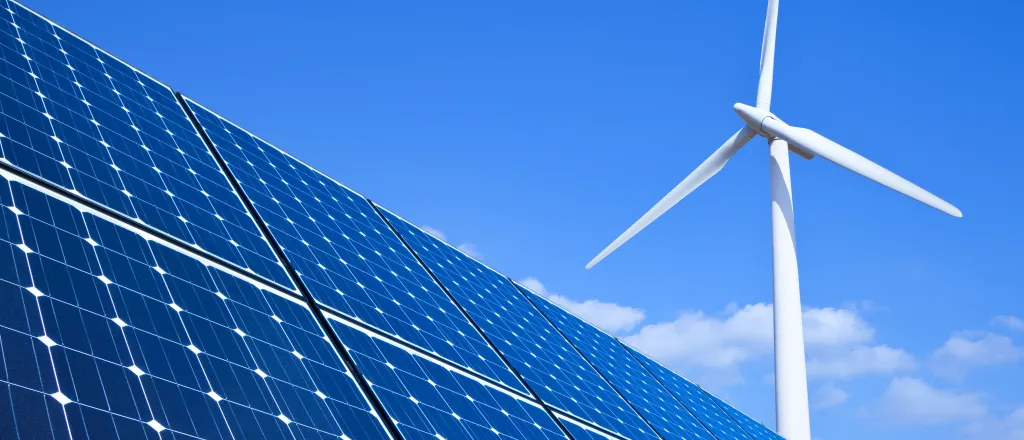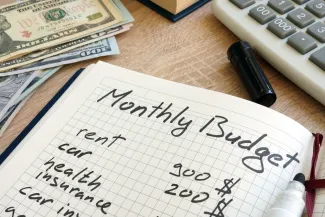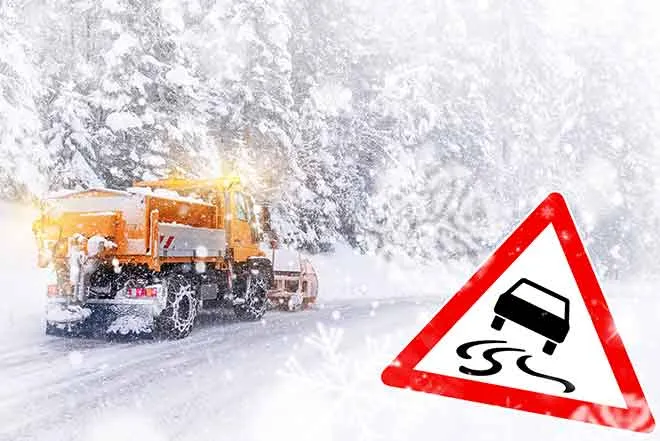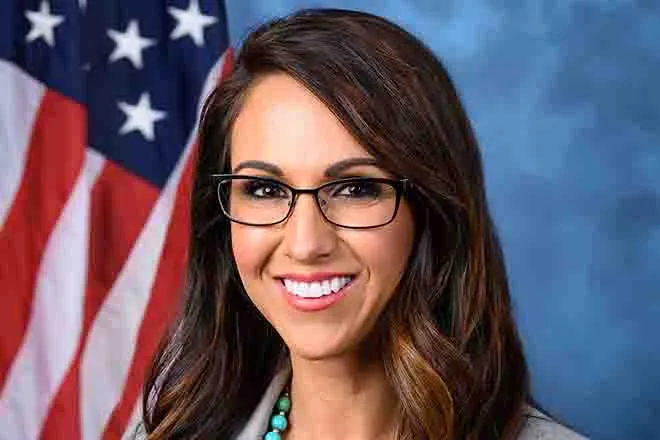
Colorado aims to fast-track clean energy projects before federal tax cuts expire
© Eyematrix - iStock-453911335
Governor Jared Polis wants Colorado to fast-track deployment of new clean energy projects before Republicans’ rollback of billions of dollars in incentives takes effect.
In an executive order signed Friday, Polis directed state agencies to take a variety of steps to “eliminate administrative barriers and bottlenecks for renewable projects,” citing a “time-limited window for procurement of tax-advantaged wind and solar” before Biden-era credits and rebates are phased out by the congressional GOP’s recent domestic policy bill.

“Today we are taking action to ensure that Coloradans can easily access clean energy savings, especially ones that expire soon,” Polis said. “We continue to do all we can to make people aware of how you can reduce costs on energy bills and keep money in your pocket.”
The state’s goal, Polis’ order says, is to “integrate maximal clean energy by securing as much cost-effective electric generation under construction or placed in service as soon as possible.” That could include expedited reviews of new projects by the Public Utilities Commission and invoking the agency’s authority to override local permit denials, as well as “priority air permitting” for electricity generation projects by the state’s Air Pollution Control Division.
Most of the clean energy incentives enacted by Democrats in 2022’s Inflation Reduction Act are set to be quickly phased out under the megabill passed by Republicans and signed into law by President Donald Trump last month. Tax credits for utility-scale wind and solar projects will expire for any project not placed into service by the end of 2027. Many consumer-facing incentives will expire much sooner than that, with electric vehicle rebates expiring next month and a credit for home energy upgrades due to end Dec. 31 of this year.
The state has launched an online “energy savings navigator” tool that allows Coloradans to learn what incentives they may be eligible for based on their ZIP code, income level and other factors.
$500 extra a year per household
Officials from the Colorado Energy Office told lawmakers last week that the Republican bill, also known as H.R. 1, will slow the state’s efforts to deploy electric vehicles, heat pumps and other clean-energy technologies. Colorado was already in jeopardy of falling short of its statutory goal of a 50 percent reduction in greenhouse gas emissions by 2030, projections showed.
“The state can certainly work to ensure that Coloradans are aware of these credits and are able to take advantage of them as much as they can,” CEO deputy director Dominique Gómez told lawmakers. “But there are obviously some limitations given how quickly these credits are expiring.”

The state now projects fewer than 600,000 electric vehicles will be on Colorado’s roads by 2030, far short of the goal of nearly 1 million it first set in 2019, according to a slide shown to lawmakers.
Colorado’s plans to clean up the electricity sector, however, may be relatively unaffected by the Republican bill — aside from higher costs for utilities and ratepayers.
“While this does likely increase the cost for new wind and solar, it is likely that compared to other new generation sources, this is still the quickest to market, and in many cases, still the most cost-effective new generation source,” Gómez said. “It is difficult for us to say at this point whether or not it will really change the overall trajectory, but we do know that it will make it more expensive.”
Polis’ office claimed Friday that the energy policies enacted by Republicans are projected to cost the average Colorado household $500 a year by 2035.
“Colorado’s swift response to the devastating impacts of H.R. 1 shows true leadership at a critical moment for our economy and clean energy goals,” Emilie Olson, Colorado lead at clean energy trade group Advanced Energy United, said in a press release. “We don’t need to wait on the federal government to make progress on the clean energy future that our state leaders have committed to.”















